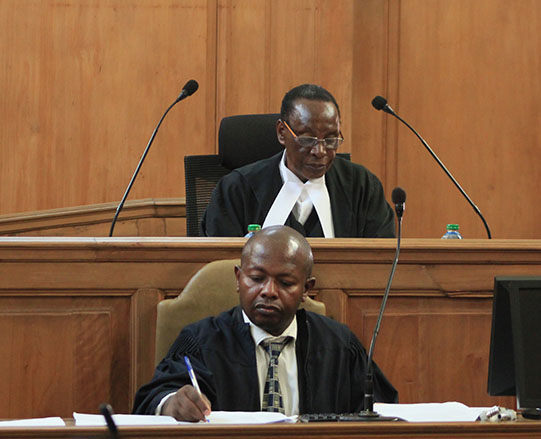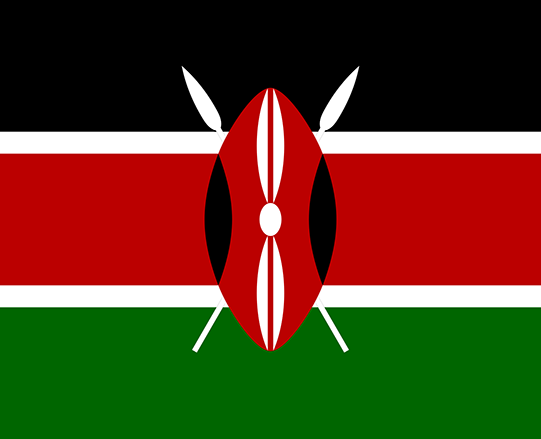In 2016, activist and president of the National Gay and Lesbian Human Rights Commission (NGLHRC), filed a petition challenging Sections 162 and 165 of the Kenyan Penal Code. The Gay and Lesbian Coalition of Kenya (GALCK) and the Nyanza, Rift Valley and Western Kenya Network (NYARWEK), filed a second petition raising similar arguments. Other individuals affected by the laws also joined the second petition. The High Court then combined the two petitions.
Sections 162 and 165 of the Criminal Code were inherited from the British during the colonial period, in which the English criminal law was imposed upon Kenya and was retained upon independence. Section 162 criminalises ‘unnatural offences’ including ‘carnal knowledge against the order of nature’ with a punishment of up to 14 years in prison. Section 165 criminalises ‘indecent practices between males’ including ‘gross indecency’, with a punishment of up to five years in prison.
The petitioners claimed that the legislation violate their constitutional right to equality and non-discrimination (Article 27), human dignity (Article 28), security (Article 29), privacy (Article 31) and health (Article 43). They also argued that the provisions contravene common law and constitutional principles (including Articles 10 and 50 of the Constitution) relating to legal certainty on account of their vagueness and uncertainty.
The High Court rejected the petitioners’ claim finding that their rights had not been violated. The Court held that the Sections were not discriminatory as they did not only target the LGBTQI community, but used the words “Any person”, and as such do “not target any particular group of persons”.
The Court also found that the right to privacy and human dignity under the Constitution are not absolute and stated Articles 28 and 31 could not be read in isolation from Article 45(2), which determines the right to marry in Kenya is reserved for persons of the opposite sex. The Court held that the effect of finding a violation would in “effect would be to open the door for same sex unions”. Notably, they also asserted that there was no conclusive scientific consensus that homosexuality, or same-sex attraction, is innate.
Download the judgment



